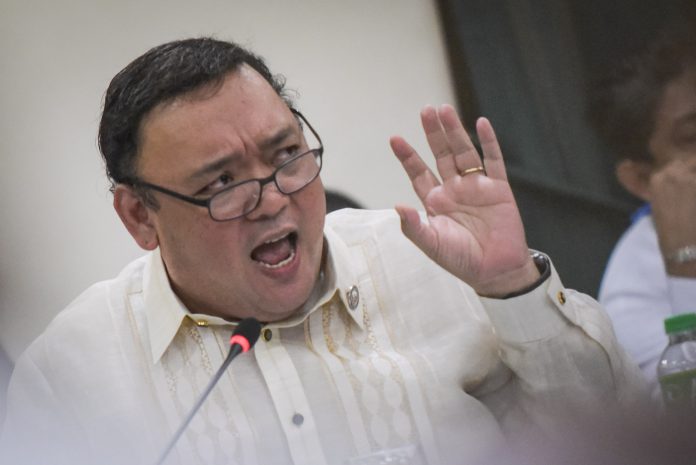
MANILA – The Malacañang recently said it is optimistic that senators apprehensive about the second tranche of the government’s tax reform program will reconsider their position.
Presidential spokesperson Harry Roque said there might be a misconception that the second package of the Tax Reform for Acceleration and Inclusion (TRAIN) Law aims to impose new taxes.
The second package’s objective is to lower corporate income tax from 30 percent to 25 percent and rationalize fiscal incentives.
“I think it’s a matter of telling the senators what TRAIN 2 is and I think we can overcome their initial hesitancy,” Roque told reporters.
He said the Presidential Legislative Liaison Office is expected to “take the initiative” to explain the measure’s merits to the senators.
Budget secretary Benjamin Diokno, meanwhile, said the Duterte administration is planning to convene the Legislative-Executive Development Advisory Council (LEDAC) to discuss priority legislation being pushed by the executive branch, particularly the second tranche of the comprehensive tax reform program.
On Wednesday, Senate President Vicente Sotto III said that majority of senators were not inclined to support TRAIN 2 even if it was mentioned by President Rodrigo Duterte during his third State of the Nation Address on Monday.
Senate Majority Leader Juan Miguel Zubiri, for his part, said that no senator wanted to sponsor the proposed second package of the tax reform law.
Although the senators welcome the proposed lowering of corporate income taxes, Zubiri said they must look into the possibility that hundreds of thousands of people may lose their jobs once the fiscal incentives presently enjoyed by several industries – including business process outsourcing and export manufacturing – are removed.
Incentives hardly matter in the decision making of foreign investors, however, Roque said, citing the Department of Finance.
The Palace official said investors only consider factors such as the country’s stability, predictability of policies, availability of manpower, and infrastructure. (GMA News)







